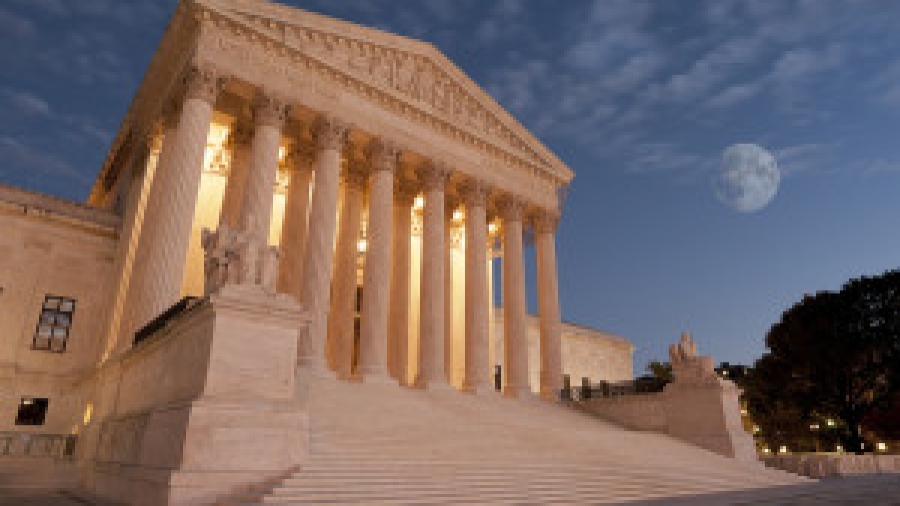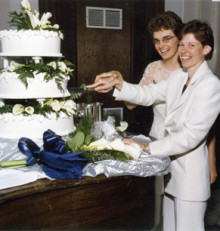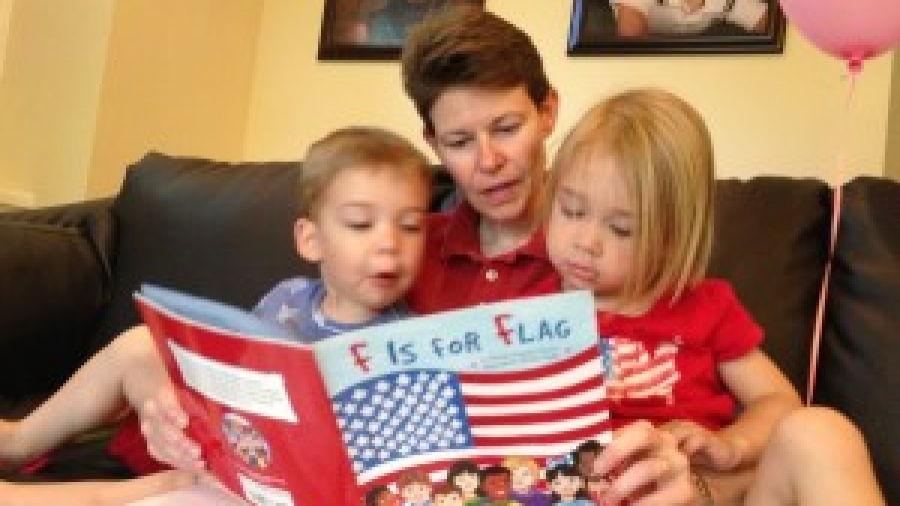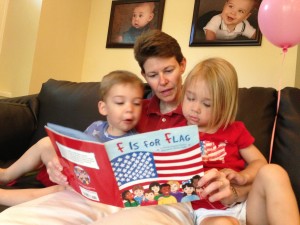As many of you know, one of NAELA’s top public policy priorities for the 113th Congress is to advocate on the behalf of veterans against cutbacks of eligibility and restrictions of services. Last year, NAELA formed a Veterans Task Force led by Dawn Weekly and Victoria Collier to monitor the Veterans Pension Protection Act (S.748 and H.R. 2341), a bill that would institute a three-year look-back for veterans Aid and Attendance benefits.
NAELA’s Veterans Task Force provided the Senate V.A. Committee with suggestions on how to improve the bill and the accreditation process to better protect veterans. Read NAELA’s written testimony to the Senate V.A. Committee here: http://www.naela.org/NAELADocs/PDF/Advocacy%20Tab/NAELASenateCommittee-VATestimony.pdf
NAELA staff (Brian and Sadia) have had continued discussions with Senate V.A. Committee staff on this bill. It is currently our understanding that Senator Sanders has agreed to include some of NAELA’s suggestions to improve the bill, including language for partial returns, correcting a portion of the surviving spouse inequity (veterans penalty should no longer carry over to the spouse if veteran dies), and adding provisions to strengthen undue hardship protections.
The Veterans Pension Protection Act was included in a markup package that occurred on Wednesday, July 24th in the Senate V.A. Committee. The bill was merged with another bill (S.944; Veterans’ Educational Transition Act of 2013). The new bill language has not yet been made public and NAELA staff will review and share the language with the Veterans Task Force as soon as it is made available.
NAELA staff has also been working with veterans groups on the Veterans Pension Protection Act. NAELA shared draft language with the House majority staff to include protections for transfers to special needs trusts in the bill language. In addition, NAELA has suggested that the House VA staff consider the other NAELA proposal we have recommended to the Senate.
The Veterans Pension Protection Act was marked up in the House Disability Assistance and Memorial Affairs subcommittee (and is now H.R. 2423). The House full VA Committee marked up the bill today, Thursday, August 1st. We will provide an update as soon as information on the markups are available.
If you are interested in learning about Lawyers With Purpose and want to see what we have to offer, register to attend our Asset Protection, Medicaid and VA Summit, September 12-13 in Phoenix, AZ. Register now to take advantage of early bird pricing.





















